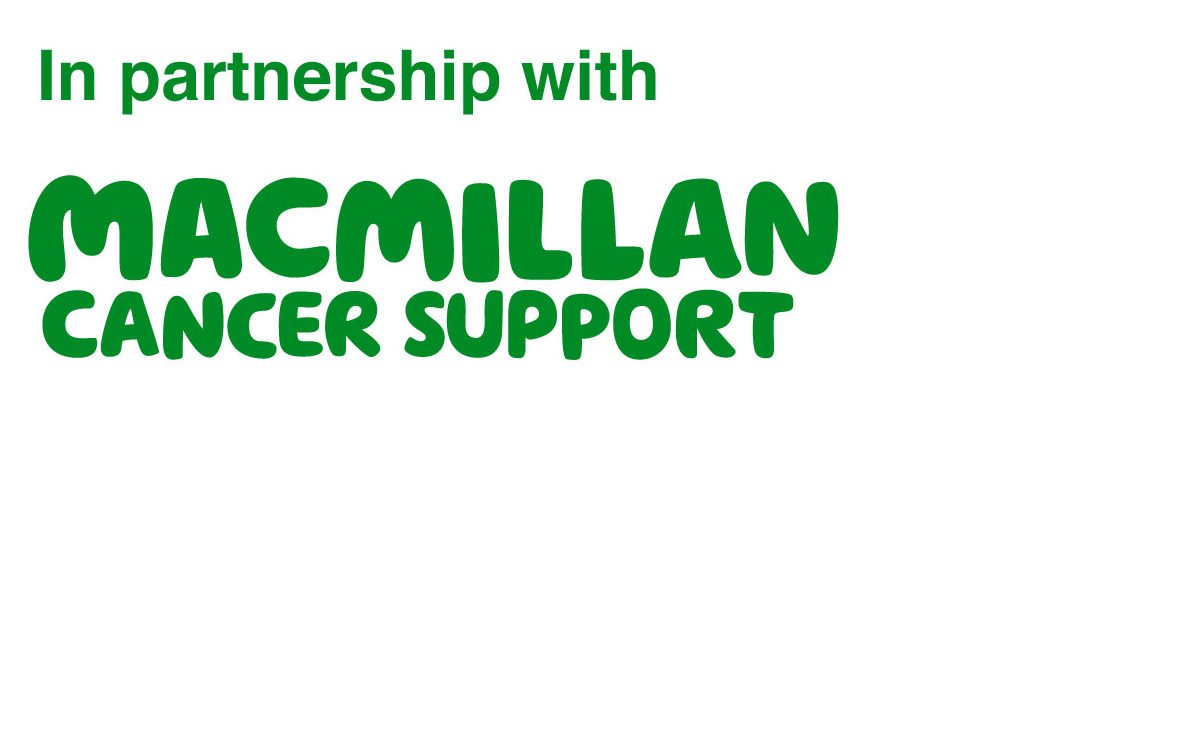Neutropenic Sepsis
Potentially fatal complication of systemic anticancer treatment; mortality up to 20%.
Definition: temperature ≥38⁰C, or temperature of ≥37.5⁰C on two occasions recorded 1 hour apart AND neutrophil count ≤1.0×109/L or other clinical signs of sepsis.
Infection should be suspected in any patient who is feeling generally unwell following chemotherapy (within 6 weeks)
Questions
- Has the patient received systemic anticancer therapy within the last 6 weeks?
- Does the patient have a temperature ≥38⁰C, or ≥37.5⁰C on two occasions recorded 1 hour apart?
ASSUME Neutropenic sepsis until proven otherwise and start IV antibiotics ASAPDOOR TO NEEDLE TIME: 1 HOUR
Unwell Febrile Cancer Patient
- within 6 weeks of chemotherapy
- immuno-suppressed
- history of bone marrow transplant or bone marrow failure due to haematological malignancy
Severe sepsis? Altered mental state, hypoxia or shock
- Resuscitate
- Initiate antibiotics
- Transfer to ICU/HDU
Immediately – within 10 minutes of arrival
OBSERVATIONS: temperature, pulse, RR, BP, Sats O2, Alert Voice Pain Unresponsive (AVPU), monitor urine output EWS score chart
VENOUS ACCESS: Urgent FBC, blood cultures, clotting screen, LFTs, U&Es, CRP, VBG, MSU, stool, sputum, throat swab
Inform senior ED doctor
Move to resus or side room
Consider CXR if clinically indicated – DO NOT DELAY ANTIBIOTICS
Within 30 minutes
Refer to Oncology for URGENT review within 30 minutes
Within 60 minutes
IV ANTIBIOTICS (to be given within 10 MINUTES of being prescribed)
1st line antibiotics: piperacillin-tazobactam (Tazocin®) 4.5 grams IV 8 hourly + amikacin 15mg/kg IV stat
1st line if penicillin allergy
Non-severe allergy (e.g. rash): meropenem 1g IV 8 hourly + amikacin 15mg/kg IV stat dose
Severe allergy (e.g. anaphylaxis): ciprofloxacin 400mg IV 12 hourly + amikacin 15mg/kg IV stat dose + tigecycline 100mg IV stat then 50mg 12 hourly
Initial assessment – patient seen in ED
History to include:
- Has the patient received systemic anticancer therapy within the last 6 weeks?
- Does the patient have a temperature ≥38⁰C, or ≥37.5⁰C on two occasions recorded 1 hour apart?
- Did the patient have bone marrow transplant?
- Is the patient immuno-suppressed (HIV or other)?
- What chemotherapy is the patient on and when was the last treatment/tablet?
See drug specific information sheet
Initial assessment
- Observation: temperature, pulse, RR, BP, Sats O2, Alert Voice Pain Unresponsive (AVPU), monitor urine output
- Early Warning Score (nEWS)
- Investigations: Urgent FBC, blood cultures, clotting screen, LFTs, U&Es, CRP, VBG, MSU, stool, sputum, throat swab
- Consider Chest X-ray if clinically indicated but do not delay IV antibiotics
- Move patient into a side room or resus
Treatment
- IV antibiotics within 1 hour from arrival – within 10 minutes from prescribing
- 1st line antibiotics: piperacillin-tazobactam (Tazocin®) 4.5 grams IV 8 hourly + amikacin 15mg/kg IV stat
- 1st line if penicillin allergy:
- Non-severe allergy (e.g. rash): meropenem 1g IV 8 hourly + amikacin 15mg/kg IV stat dose
- Severe allergy (e.g. anaphylaxis): ciprofloxacin 400mg IV 12 hourly + amikacin 15mg/kg IV stat dose + tigecycline 100mg IV stat then 50mg 12 hourly
- IV fluids, Oxygen if needed
Once patients are admitted and stable, review previous microbiology results for positive culture results.
- In patients with diarrhoea: add Metronidazole 500mg IV 8 hourly or 400mg PO 8 hourly
- If perineal or gingival infection: add Metronidazole 500mg IV 8 hourly
- If herpetic lesions: add Aciclovir 5mg/kg IV 8 hourly
- If indwelling venous lines or suspected MRSA: add Vancomycin as per Trust vancomycin dosing guidelines
